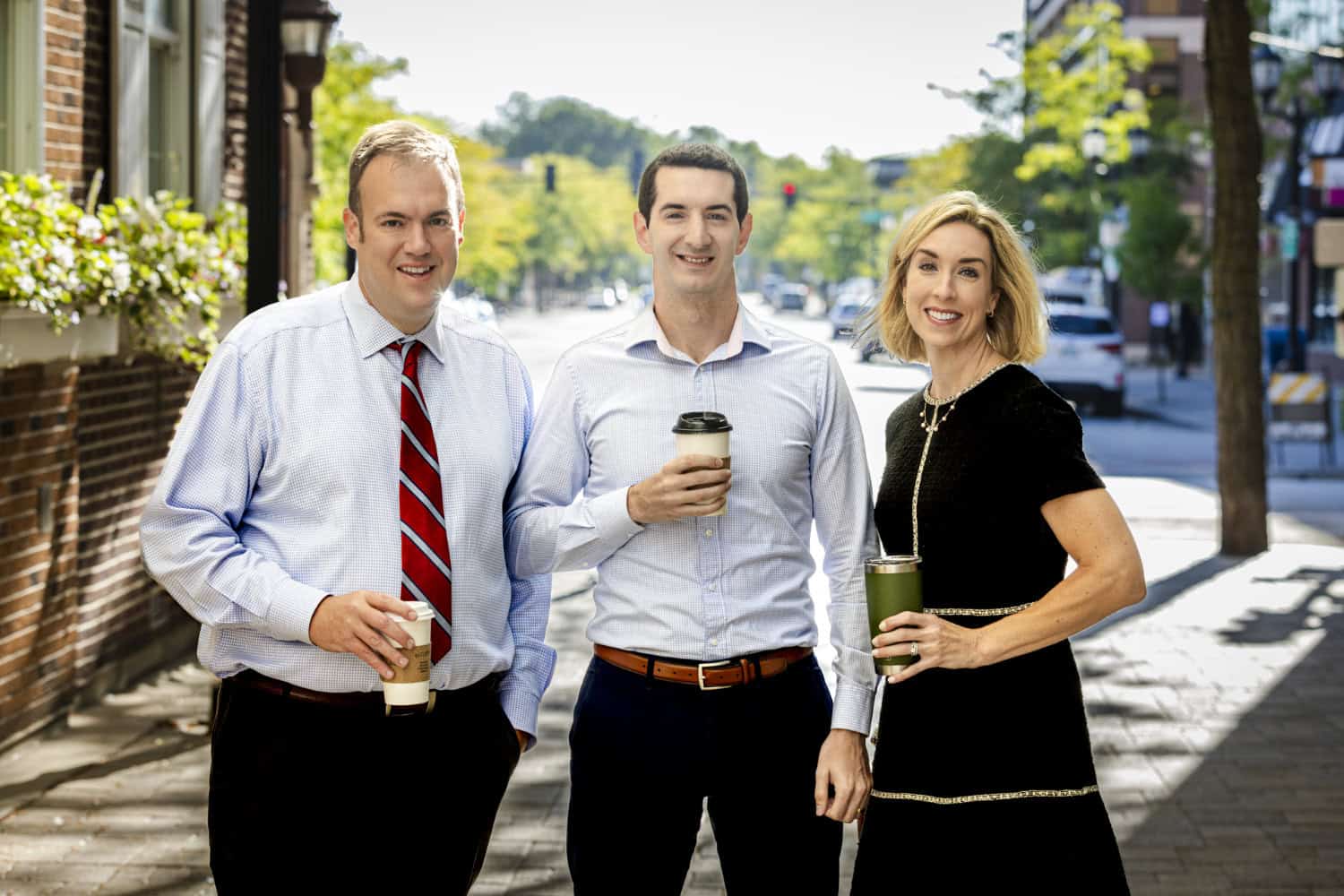Why the 4% Rule Is Broken, and What Retirees Should Do Instead
Episode 062
Aired on October 25, 2025
Retirement doesn’t happen in a straight line.
Those spending patterns shift dramatically over time.
Retirement used to mean a short window of rest after decades of work. Not anymore. With longer lifespans, many retirees today face 20 to 30 years or more of post-career living, and that changes everything about how to plan, save, and spend. In this episode of The Own Your Retirement Show, hosts Josh Bretl and Mark Elliott explore how longevity, lifestyle shifts, and unpredictable expenses make retirement a multi-phase journey that demands flexibility and smart planning.
Rethinking “One-Size-Fits-All” Retirement Rules
For decades, the so-called “4% rule” guided retirees to withdraw four percent of their savings each year. But as Josh explains, that formula no longer fits today’s environment of market volatility, higher healthcare costs, and longer life expectancy. Some retirees can safely take more than 4%, while others should draw less. The right number depends on your income sources, tax situation, and goals.
“I hate the 4% rule,” Josh admits. “It just doesn’t hold true anymore. Everyone’s situation is different. If you’re only thinking about that traditional number, you’ve missed the real opportunity to customize your retirement income plan.”
Understanding the Go-Go, Slow-Go, and No-Go Years
Mark and Josh outline the natural spending phases of retirement:
- Go-Go Years: The active early years filled with travel, hobbies, and bucket-list adventures. Spending is usually at its highest here.
- Slow-Go Years: The middle phase when retirees settle into routines. Spending often stabilizes or drops slightly as priorities shift closer to home.
- No-Go Years: The later stage of life when healthcare and long-term care costs rise, even as travel and leisure decline.
“Retirement doesn’t happen in a straight line,” Josh says. “Those spending patterns shift dramatically over time. The key is planning for flexibility so you can enjoy the early years without worrying about the later ones.”
The Real Meaning of Financial Planning Month
October is Financial Planning Month, but Josh argues that every month should be. Financial planning, he says, is less about products and more about purpose. “It’s not about finding the perfect investment club,” he jokes. “It’s about fixing your swing.” Just like golf, the right tools only work when your technique is solid — and that’s what a thoughtful, personalized financial plan delivers.
FSR Wealth’s “Own Your Retirement” planning process covers five essential areas:
- Income Planning: Determining where money will come from and how to create reliable income streams.
- Investment Strategy: Balancing growth and protection to align with income needs.
- Tax Planning: Managing taxes efficiently, not just this year but across your lifetime.
- Healthcare & Long-Term Care: Preparing for medical costs and exploring hybrid care solutions.
- Legacy & Estate Planning: Ensuring your wealth passes according to your wishes.
Happiness and the Power of Guaranteed Income
Beyond the spreadsheets, retirement satisfaction often comes down to peace of mind. According to studies Josh shares, happiness in retirement is linked not only to friendships and relationships but also to having guaranteed income. “People with steady, predictable income tend to be happier because they don’t carry the fear of running out of money,” he explains. Guaranteed income sources like pensions, Social Security, or annuities, can make all the difference.
You can spend money because you want to — or because you have to. The trick is planning so you can afford both.
Healthcare Costs: The Wild Card
One of the biggest financial risks in retirement isn’t market volatility, it’s healthcare. Josh and Mark discuss the reality that a healthy 65-year-old couple today could face over $300,000 in medical costs over their lifetime, not including long-term care. Ignoring this expense can derail even the best financial plans, which is why FSR helps clients prepare early for care needs through smart funding and insurance strategies.
“When you plan ahead for healthcare, you’re not just protecting your money,” Josh says. “You’re protecting your family from becoming your caregivers. That’s what owning your retirement really means.”
By combining thoughtful planning with a realistic understanding of each retirement phase, Josh and Mark remind listeners that the goal isn’t just to make money last, it’s to make the most of life while it does.
📞 Ready to talk? Call (630) 478-9599 to schedule your complimentary 15-minute call with an FSR advisor.

